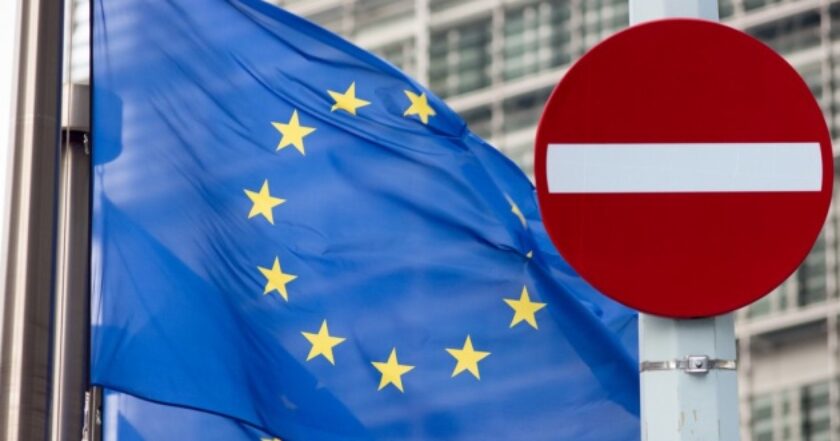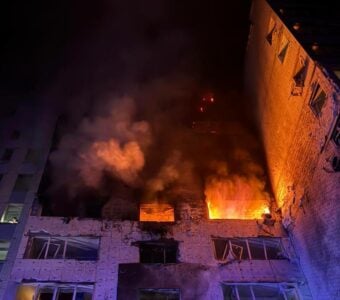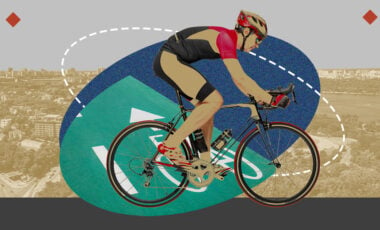The EU has officially imposed a package of sanctions in response to Russia's recognition of ORDLO

The EU approves package of sanctions in response to Russia's recognition of non-government-controlled areas of Donetsk and Luhansk regions of Ukraine and deployment of troops in the region
This is stated in a statement by the Council of the European Union, Rubryka reports.
It is noted that on February 23, "The Council today adopted on a package of measures to respond to the decision by the Russian Federation to proceed with the recognition of the non-government controlled areas of the Donetsk and Luhansk oblasts of Ukraine as independent entities and the subsequent decision to send Russian troops into these areas."
"Such decisions are illegal and unacceptable. They violate international law, Ukraine's territorial integrity and sovereignty, Russia's own international commitments and further escalate the crisis," said Josep Borrell, the European Union's High Representative for Foreign Affairs and Security Policy.
The sanctions targeted 351 members of the State Duma, who voted to appeal to Putin to recognize ORDLO.
Also, the list includes 27 people and associations that played a role in undermining the territorial integrity of Ukraine.
According to Borrell, they can be divided into several groups.
In particular, sanctions are imposed on:
- decision-makers responsible for threats to Ukrainians
- associations that provided financial or material support to the Russian military and other operations in these territories,
- representatives of the defense sector who played a role in the invasion and destabilization,
- those who waged a disinformation war against Ukraine,
- banks that finance those responsible for decision-making in recognized territories.
The EU approved a package of sanctions following Russia's recognition of the so-called Donetsk and Luhansk republics.
"Today's decision will introduce in particular
- an import ban on goods from the non-government controlled areas of the Donetsk and Luhansk oblasts,
- restrictions on trade and investments related to certain economic sectors,
- a prohibition to supply tourism services, and an export ban for certain goods and technologies.
The Council also decided to impose a sectoral ban on the financing of the Russian Federation, its government, and the Central Bank.
By limiting the ability of the Russian state and government to gain access to EU capital and financial markets and services, the EU seeks to limit funding for escalating and aggressive policies.
The EU calls on Russia to lift the recognition of the non-governmental territories of the Donetsk and Luhansk regions, to fulfill its obligations, to comply with international law, and to return to discussions in the Normandy format and the Trilateral Contact Group.
The EU also calls on other states not to follow Russia's illegal decision to recognize this declared independence.
The EU stands ready to swiftly adopt broader political and economic sanctions if necessary and reaffirms its unwavering support and commitment to Ukraine's independence, sovereignty, and territorial integrity within its internationally recognized borders.



















































